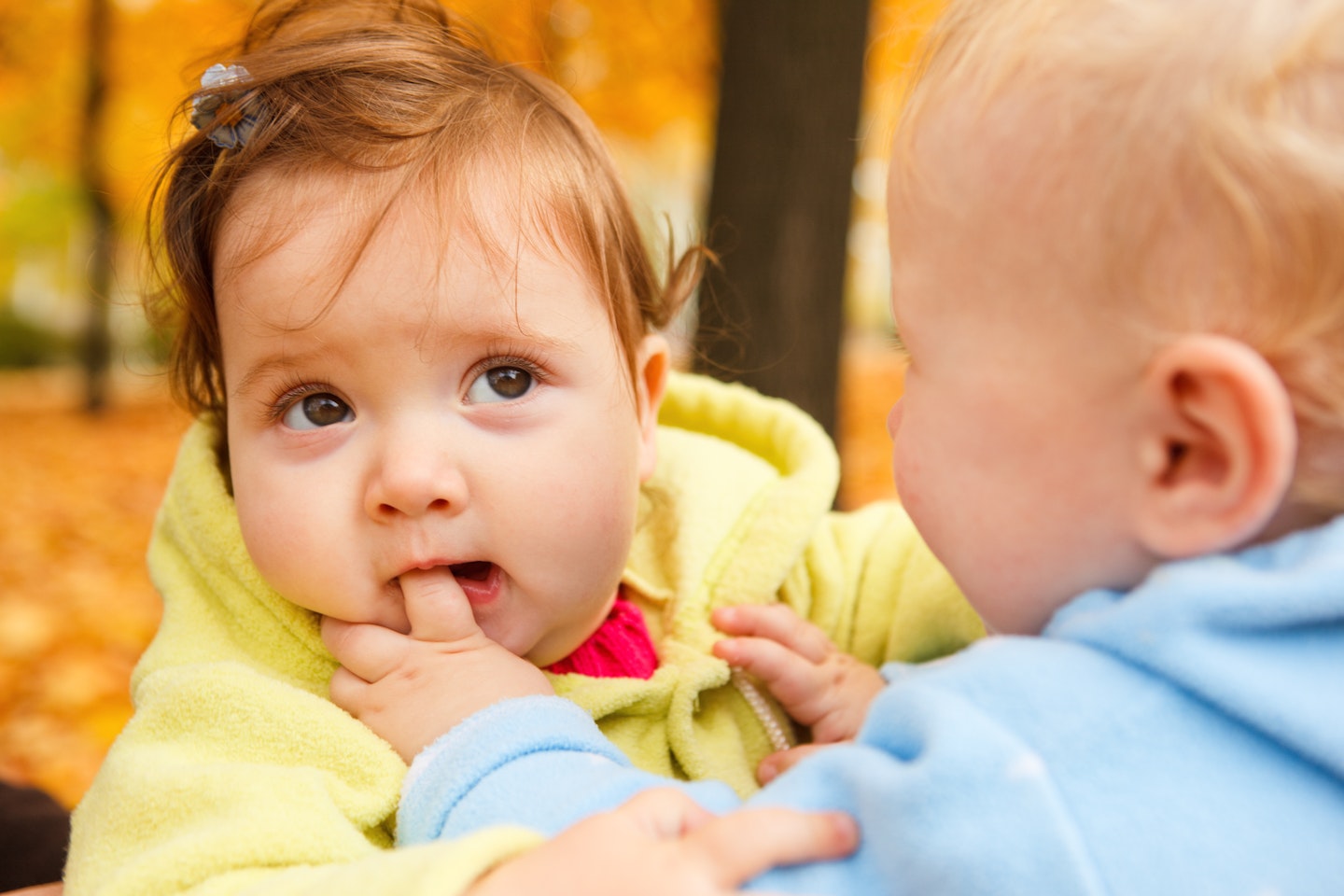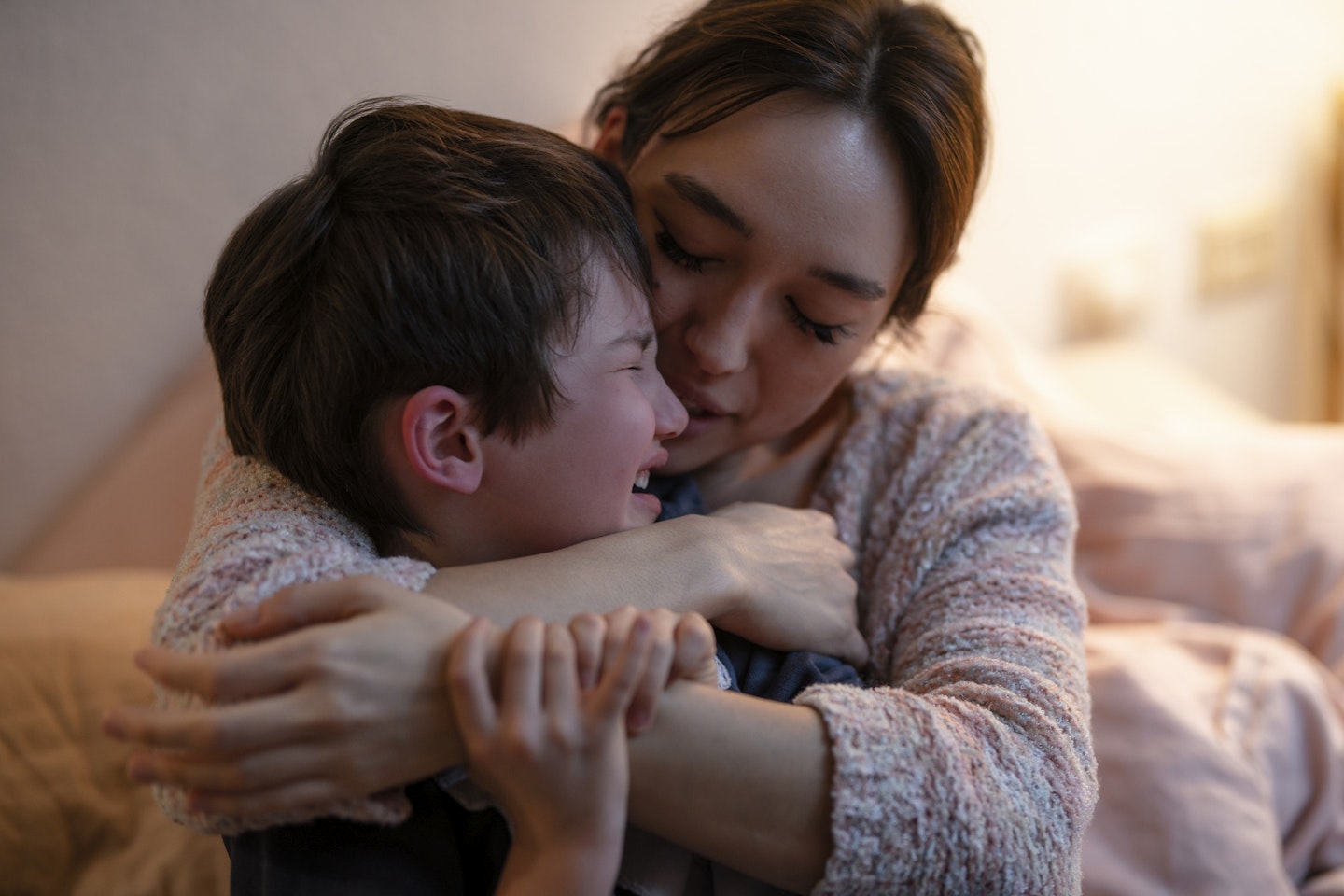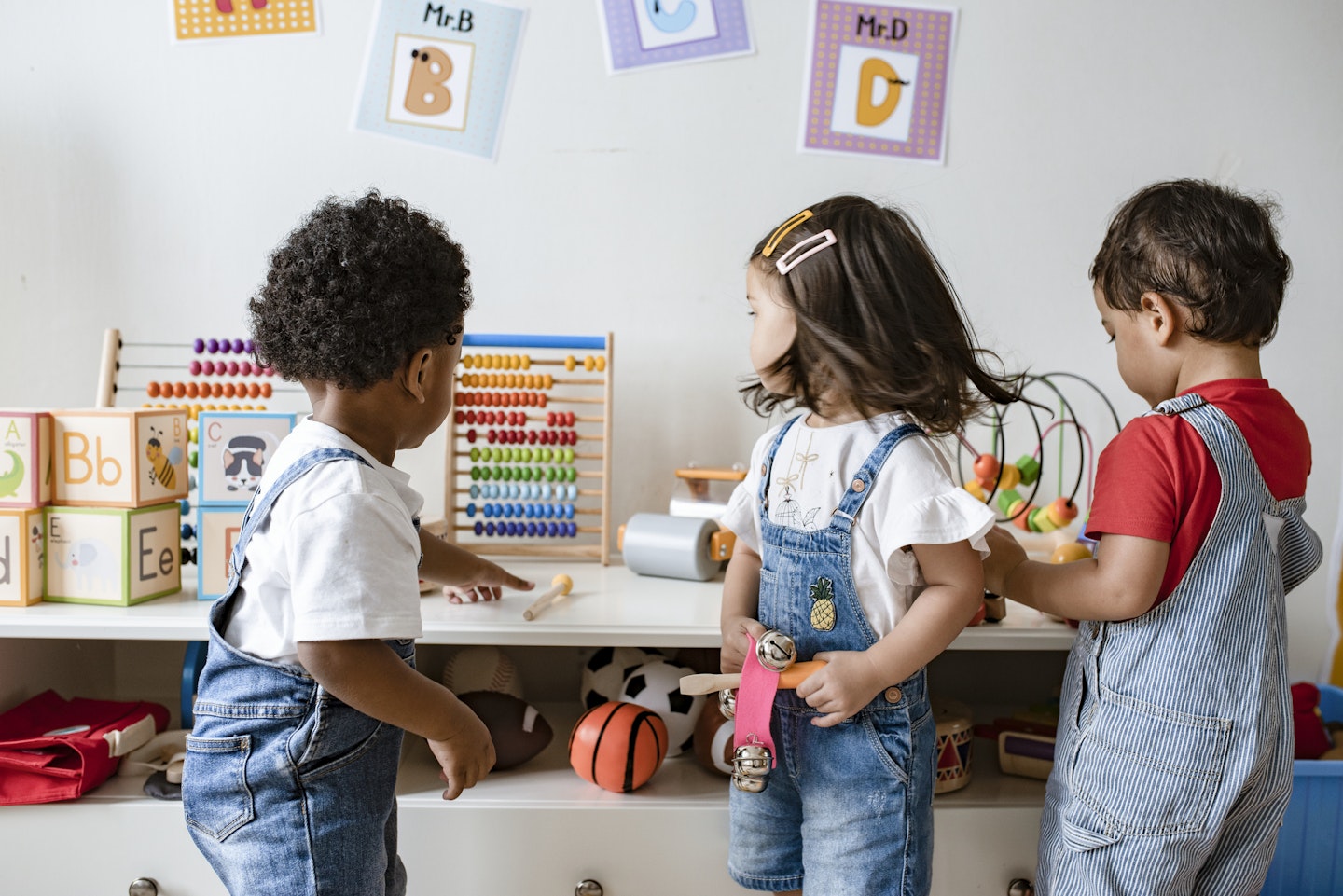In all of the 30 years of working with children, I have to say the toddler years are one of my most favourite development stages, but toddler biting can be an issue for some parents and children. This stage is full of brilliant and wonderful moments with fun learning adventures, but it can also come with trickier behaviours to deal with such such as biting. Biting is a common stage of development that many toddlers pass through, but it can often be upsetting and frustrating for parents to cope with.
What age do toddlers go through the biting stage?
This behaviour usually starts between 1-3 years old, but can continue up to age 4. Usually by this age children have learned self-regulation and are able to control impulses.
If biting goes beyond this age and comes with other extreme behaviours such as hitting, it’s important to talk to your GP or Health visitor for some advice and to investigate the possibility of a sensory processing disorder, orautism spectrum disorder.

How to stop toddler biting
Zero tolerance: It goes without saying that biting is unacceptable, and it’s important your toddler knows this from the very first bite. It's important to mange behaviour in the early stages before it gets worse; having a zero tolerance approach as a parent will help your tot understand that this behaviour is an absolute no-no.
Keep calm: To help your toddler understand that biting is wrong and won’t be tolerated, you need to deal with any biting incidents right away when they happen. It’s essential you keep your cool and deal with the situation in a calm way.
If you are feeling angry, especially if you are on the receiving end of a bite, take a breath, walk away for a moment (if it is safe to do so,) then return to deal with the situation calmly once you’ve had a moment.
Make the message clear: You can do this by avoiding long and lengthy discussions, especially for very young toddlers who simply won’t understand or are still at the early stages of their speech development journey.
Instead, keep it simple and use phrases like ‘No biting - it hurts! No!’
or ‘We do not bite other people. No.’
Comfort your biter: Your toddler will likely feel afraid or upset by what they have done, so rather than shout or lose your cool, talk to them calmly and offer comfort to them while relating the clear message ‘we don’t bite.’
Comfort the victim: This is incredibly important as more often than not, the biter won’t realise the extent of the damage that their biting has caused.

Turning your attention to the victim, not only ensures the bite is cleaned and OK, but by comforting and reassuring them, it lets your toddler understand what damage has been caused and teaches empathy and understanding.
Older toddlers will benefit from apologising and helping, but don’t force this if the victim is upset and doesn’t want the biter near them so soon after the incident.
Distraction: If you have a toddler who is going through a regular biting stage, distraction can really help dissolve any anger or frustration before it gets to the biting point.
Get involved when the situation gets heated, redirect your toddler to a different activity or area of play and reiterate how we are always kind to others and don’t bite.
Mum of two Katie agrees; ‘when my 2 year old started biting his sister out of frustration over sharing toys, I’d just try and monitor the situation and get in there fast to avoid conflict. After a few weeks of distracting, intervening and talking about how we don’t hurt each other, the biting stopped.’
Offer teething solutions: If your younger toddler is biting due to teething, ensure you offer teething comforts such as crunchy snacks or cold teething toys and teething powders that soothe.
Help communicate: Talk to your toddler about being kind to others, learning to share or how to say no if another is in their space or making them feel uncomfortable.
Teach better methods of getting what they want using words like ‘please can I have a turn’ or ‘no don’t do that!’ to a child who is upsetting them. By teaching your toddler to use words instead of actions you’ll help your toddler develop into a well-rounded little person.
What shall I do if my toddler bites at nursery?
Although most parents are pretty understanding of these behaviours during the toddler years, it can be upsetting for both parents to deal with biting incidents in nursery settings. Your child could be reacting in this way due to separation anxiety or an inability to communicate with other children.
Along with settling your child into nursery, nursery staff will deal with any biting situation sensitively to ensure all involved feel reassured. They’ll have their own policies in place for such incidents, and will contact both sets of parents to make them aware of the situation.
The nursery team will also offer a care plan to support your toddler during this time, so please don’t worry that you’ll be made to feel like a bad parent for having a toddler who is simply going through a tricky stage of development.

Mum Ali agrees. ‘When my son was 18 months old he started to bite and it made me feel awful! I worked together with his nursery and childminder to remove him from situations when he bit. We’d sit with him quietly with no interaction for a few minutes, and after a few weeks he realised that biting resulted in boredom for him, so he stopped.’
Although biting can be extremely upsetting and frustrating, try to remember it is just a stage of development that is often short-lived.
By dealing with incidents swiftly and calmly, you’ll soon find biting a thing of the past. If your toddler’s biting is really cause for concern and you are worried, get in touch with your Health visitor or GP for further advice.
Fi Star-Stone is a mum of two, who knows that parenting isn’t always easy. Her gentle techniques and approachable manner are popular with families and celebs worldwide. Fi’s qualifications include a Degree in Childhood and Youth studies, an NNEB diploma in Nursery nursing, and a Diploma in Childhood studies. She’s been working with children and families for 25 years.
